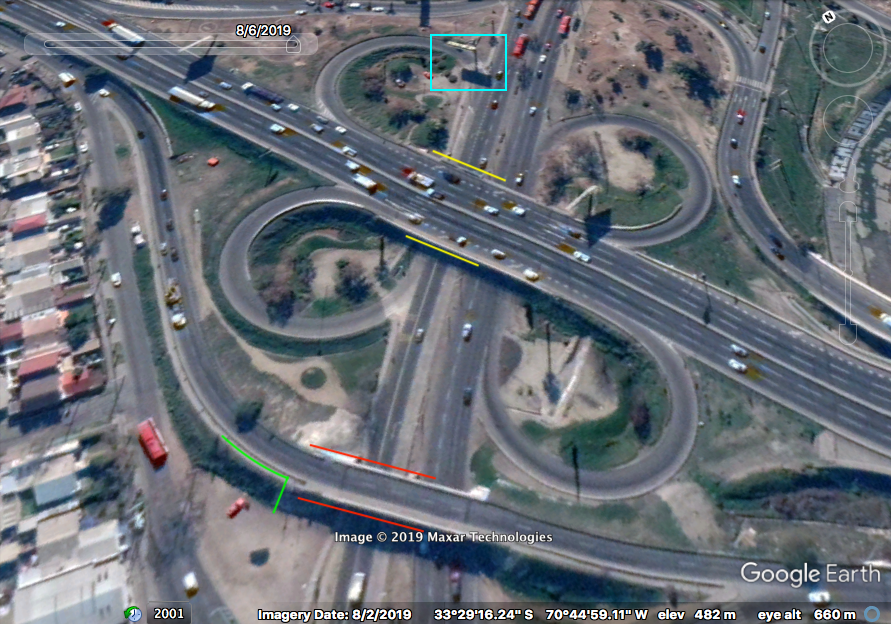I think this is the XY problem: people ask/reach for an RTOS because that was the only thing that made sense for any reasonably complex system in C!
Why?
2/N
* build system
* package manager
* docs tooling
* reusable libraries/components
* safe concurrency primitives
3/N
So where do you get these if you're building a system?
Well, sometimes your chip manufacturer provides some of these, to some varying level of quality.
If you want an ecosystem that works across more than one chip/family, what do you do?
4/N
5/N
But does that mean that your embedded systems needs multiple threads because you like the ecosystem that comes with them?
6/N
You need to appropriately allocate stack/other resources. You need to think about how the tasks interact. You STILL need to think about lifetimes and memory safety, even with an MPU!
7/N
8/N
Well, most of Rust's tooling and "batteries" work just fine for microcontroller targets!
* Compiler toolchain: Cross compile out of the box
* Package Manager: Cargo, same as desktop targets
* Docs/testing: Yup, still Cargo
9/N
It's actually EASIER to share code across desktop and embedded targets with Rust, because if a crate is marked `#[no_std]`, it almost certainly will work on either platform, no hacks required!
10/N
Interrupt routines are basically threads: They run concurrently (when invoked), so even Send and Sync make sense to have the compiler enforce! This means errors are caught at compile time.
11/N
12/N
Tools like rtfm.rs, which is a concurrency framework, allows you to schedule tasks based on interrupts. You can use the NVIC as a hardware scheduler!
13/N
All while writing code that feels idiomatic to Rust, regardless of whether it's embedded or not.
14/N
You still get all the awesome compile time safety!
15/N
Mutually distrustful
Entire applications (not just libraries) need to run unmodified on different targets
Fallible on a per-task level
Then you'll probably want an RTOS like @talkingtock! But this is a pretty specific domain.
16/N
I think @rustlang is perfect for that.
We've helped folks move production embedded systems to Rust, and are happy to evaluate, help, train, or advise your company if you need assistance.










